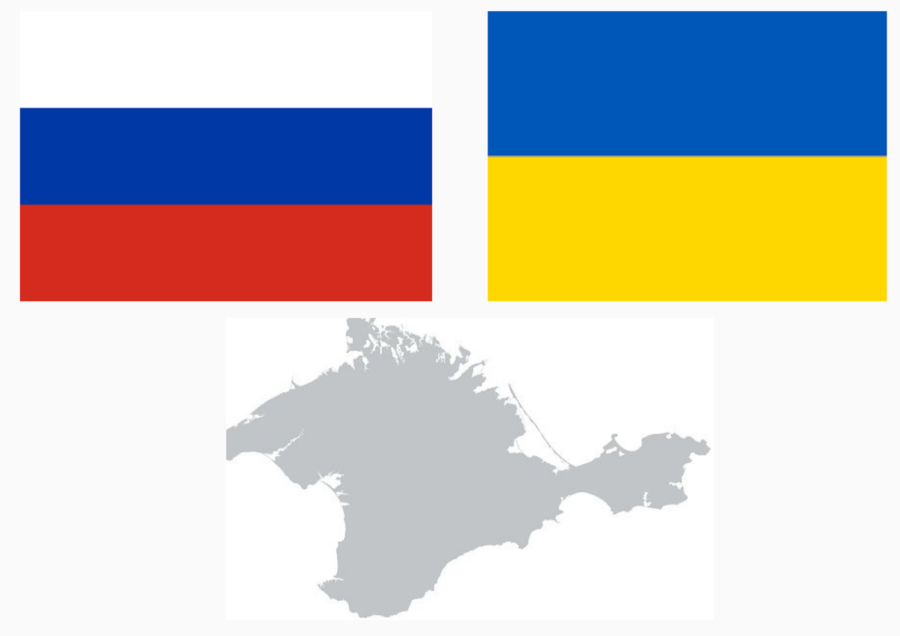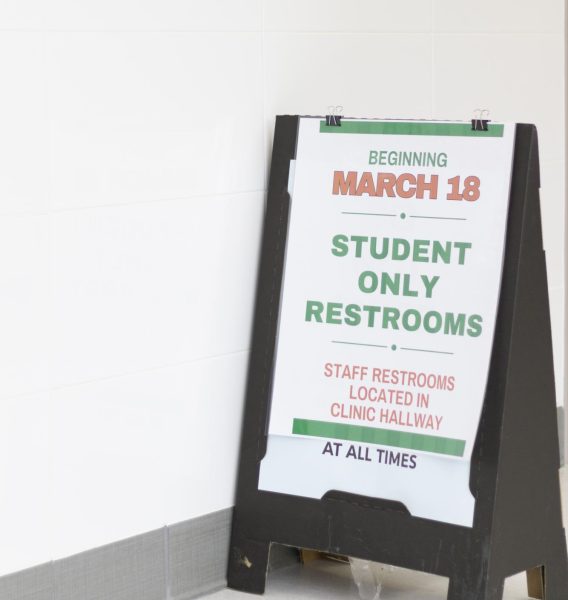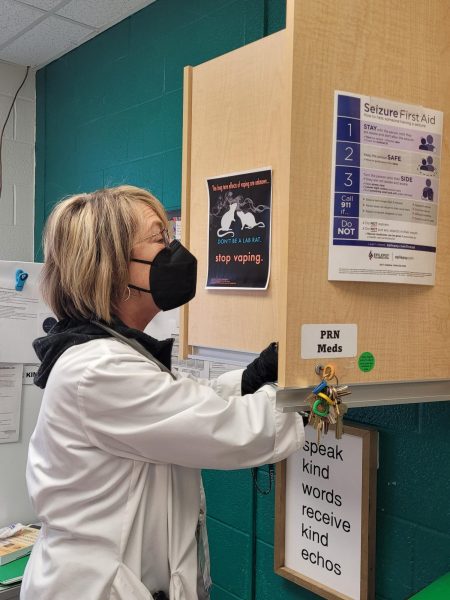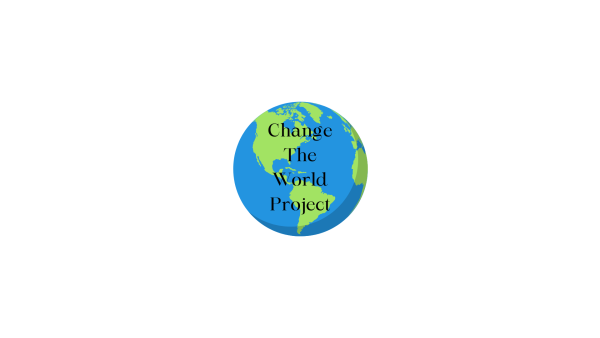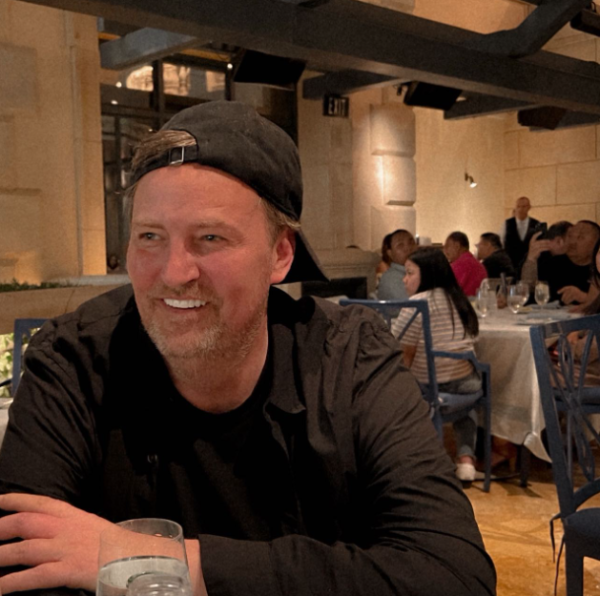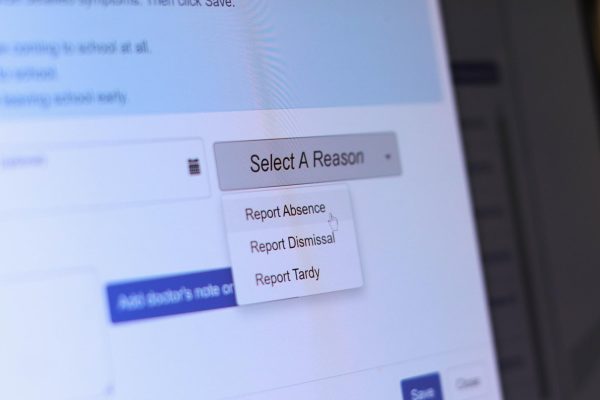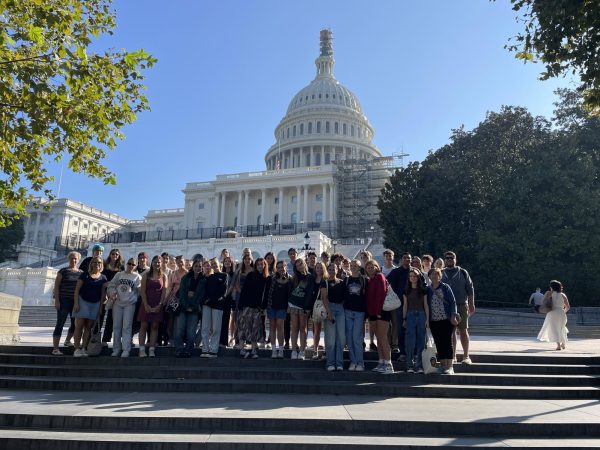The Ukraine Issue
February 3, 2022
The recent tensions between Russia and Ukraine aren’t anything new. Grievances span from 2022 to Russia’s occupation of Crimea in 2013 to the Soviet Union’s dissolution in 1991, and with it the formation of Ukraine as an independent country. It’s hardly been a month since the new year and Murphy’s law is already at work – the two nations have entered the ring once again.
Russia is indiscreetly mobilizing tens of thousands of troops near the Ukrainian Border. This buildup was quickly termed by the Ukrainian Foreign Minister as “insufficient for a full-scale offensive” but a “direct threat to Ukraine” in any case.
The U.S. has begun sending large amounts of what it calls “lethal aid” to Ukraine. Other NATO alliance members are following suit with The U.K, Spain, Baltic Nations such as Latvia and Estonia, and Turkey all shipping their weaponry to Kiev. Other nations such as Germany have remained on the sidelines.
How did we get here?
After the Soviet Union fell, several nominally independent countries under the Iron Curtain’s influence (East Germany, Poland, etc.) quickly broke away. However, it didn’t end there. Several municipalities historically part of Russia (Belarus, Ukraine) also declared independence.
The sheer amount of countries rising up and rejecting the USSR left the newly-minted Russian Federation in an adjusted – and vulnerable – position. This reality, combined with Russia already having terrible geography (over half of its territory is a frozen, uninhabitable tundra), has led to Russia gradually muscling many of its new neighbors into submission.
They invaded Georgia in 2008, just a few years before annexing Crimea to acquire the Black Sea port of Sevastopol in 2013. If the G7 (Group of Seven) sounds like a familiar name, recall how it was called the G8 before Russia’s antics led to its expulsion from the group in 2014.
Despite the constant threat of sanctions, even one suggested by President Biden that personally sanctions Vladimir Putin, Russia has a trick up its sleeve. It currently supplies large amounts of natural gas to most European Nations. Simply cutting off Over a third of the EU’s natural gas consumption may be the retaliatory tactic Russia explores should any additional sanctions occur.
While the inverse is true in that Russia would be losing a major source of its economic income, it’s important to remember the gravity of the situation, especially during the winter months.
As Russia continues to mobilize its military around Ukraine, there is plenty of room for the setting to either improve or worsen. Only time and diplomacy will tell.

